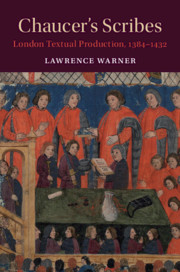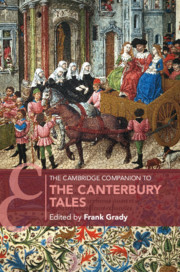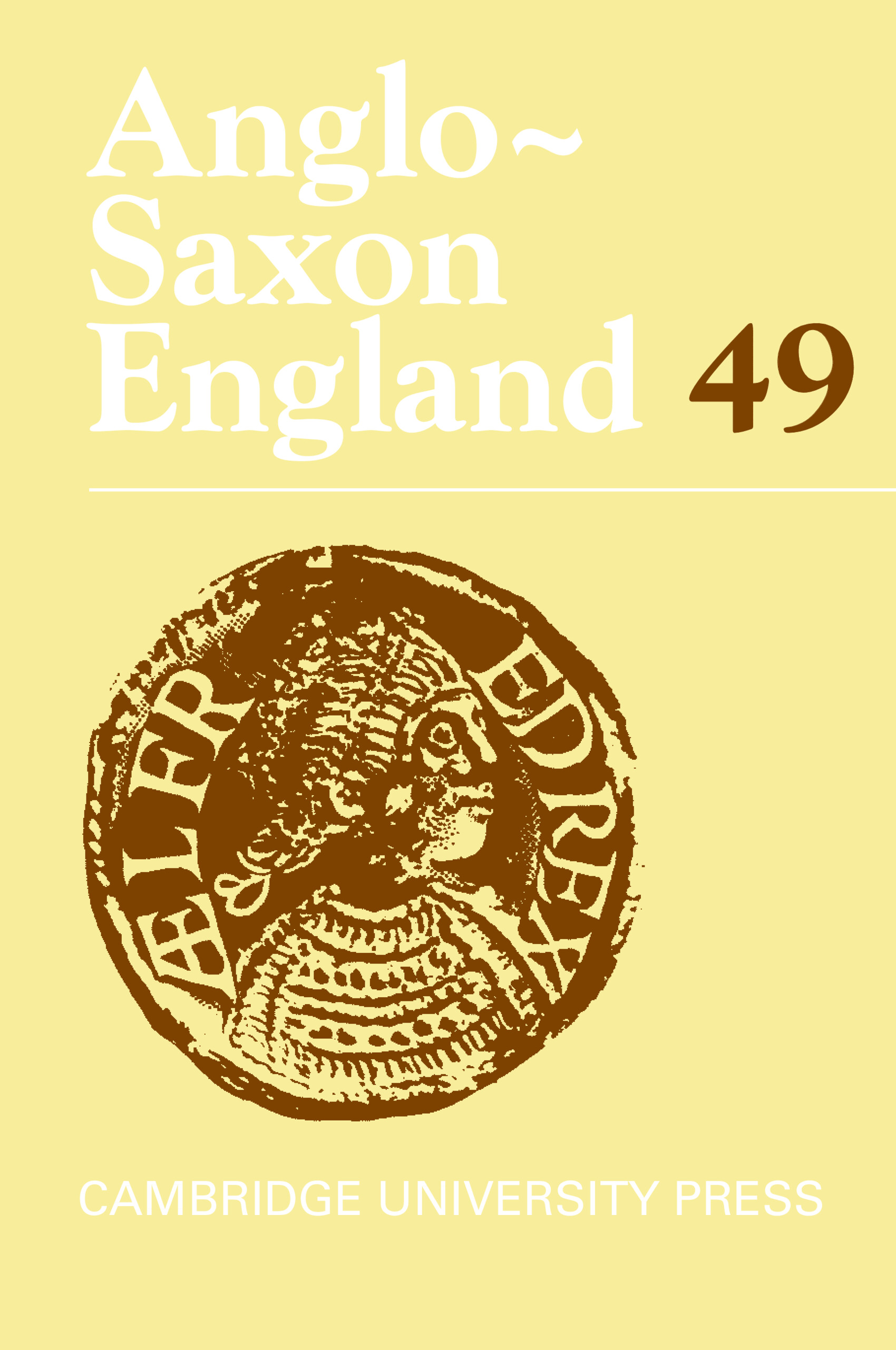Matter and Making in Early English Poetry
Literary Production from Chaucer to Sidney
$110.00 (F)
Part of Cambridge Studies in Medieval Literature
- Author: Taylor Cowdery, University of North Carolina, Chapel Hill
- Date Published: June 2023
- availability: Available
- format: Hardback
- isbn: 9781009223744
$
110.00
(F)
Hardback
Other available formats:
eBook
Looking for an examination copy?
If you are interested in the title for your course we can consider offering an examination copy. To register your interest please contact [email protected] providing details of the course you are teaching.
-
What is literature made from? During the fourteenth, fifteenth, and sixteenth centuries, this question preoccupied the English court poets, who often claimed that their poems were not original creations, but adaptations of pre-existing materials. Their word for these materials was 'matter,' while the term they used to describe their labor was 'making,' or the act of reworking this matter into a new – but not entirely new – form. By tracing these ideas through the work of six major early poets, this book offers a revisionist literary history of late- medieval and early modern court poetry. It reconstructs premodern theories of making and contrasts them with more modern theories of literary labor, such as 'authorship.' It studies the textual, historical, and philosophical sources that the court tradition used for its matter. Most of all, it demonstrates that the early English court poets drew attention to their source materials as a literary tactic, one that stressed the process by which a poem had been made.
Read more- Offers a new literary history of late-medieval and early modern court poetry that traces new connections and lines of influence between six canonical English poets
- Proposes a theory of early literary practice that challenges modern assumptions about how and why literature is made by putting them into a deep historical context
- Explores continuities between late-medieval and early modern literary practices, revealing how the differences between the two have often been overstated or misconstrued
Reviews & endorsements
‘This is an exceptionally perceptive and well-grounded investigation into the poetics and poetic practices of a period whose writers left these things implicit. Cowdery subjects six authors to a forensic and illuminating level of scrutiny that frequently challenges the ways in which they have previously been understood, and does so with impressive lucidity. This is seriously impressive, groundbreaking work.’ Jane Griffiths, Associate Professor of English Literature, University of Oxford
Customer reviews
Not yet reviewed
Be the first to review
Review was not posted due to profanity
×Product details
- Date Published: June 2023
- format: Hardback
- isbn: 9781009223744
- length: 320 pages
- dimensions: 236 x 158 x 25 mm
- weight: 0.64kg
- availability: Available
Table of Contents
Introduction
1. Words and deeds in Chaucer
2. Gower and the crying voice
3. Hoccleve and the force of literature
4. Lydgate and the surplus of history
5. Copy, copia and imitation in skelton
6. Wyatt's Grace.
Sorry, this resource is locked
Please register or sign in to request access. If you are having problems accessing these resources please email [email protected]
Register Sign in» Proceed
You are now leaving the Cambridge University Press website. Your eBook purchase and download will be completed by our partner www.ebooks.com. Please see the permission section of the www.ebooks.com catalogue page for details of the print & copy limits on our eBooks.
Continue ×Are you sure you want to delete your account?
This cannot be undone.
Thank you for your feedback which will help us improve our service.
If you requested a response, we will make sure to get back to you shortly.
×



